Session Chairs
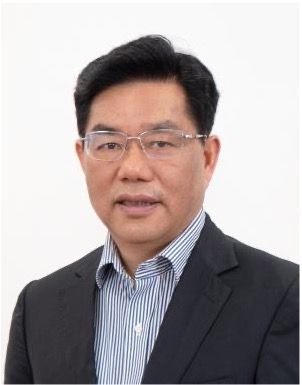
Xianhui Chen
University of Science and Technology of China
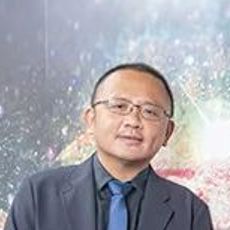
Xi Dai
Hong Kong University of Science and Technology
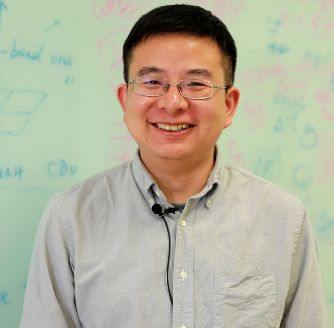
Kun Jiang
Institute of Physics, Chinese Academy of Sciences
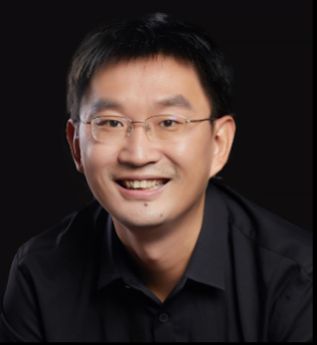
Kui Jin
Institute of Physics, Chinese Academy of Sciences
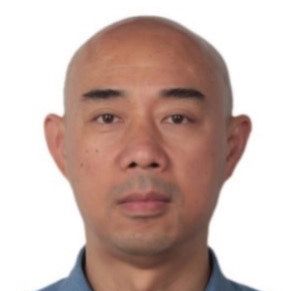
Li Lu
Institute of Physics, Chinese Academy of Sciences
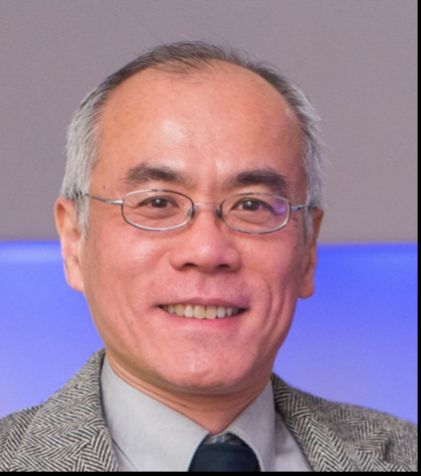
Ziqiang Wang
Boston College
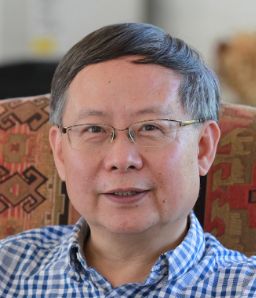
Zheng-Yu Weng
Tsinghua University
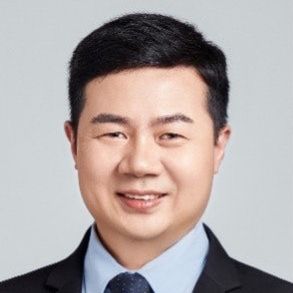
Hong Yao
Tsinghua University
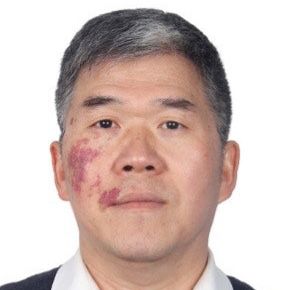
Guangming Zhang
Tsinghua University
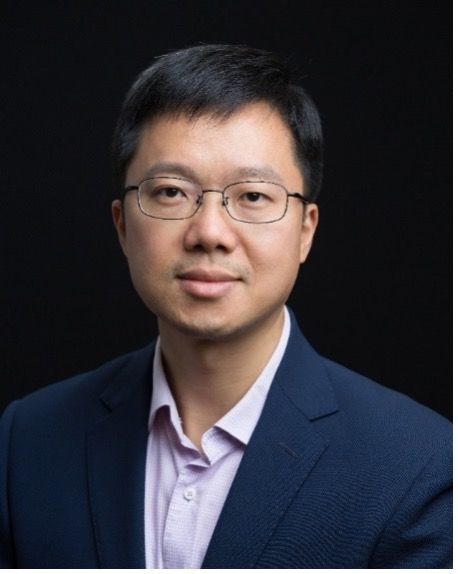
Yi zhou
Institute of Physics, Chinese Academy of Sciences